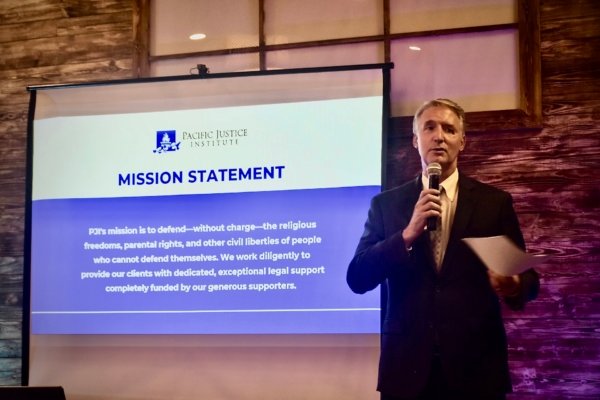In a recent ruling by a federal jury in San Francisco, six former Bay Area Rapid Transit (BART) employees were awarded compensation exceeding one million dollars each for being terminated for refusing to receive the COVID-19 vaccine. Overseas Chinese leader Li Shaomin hailed this decision as a victory for American democracy and freedom, with significant symbolic meaning.
Back in October 2021, the BART board released a “COVID-19 Vaccine Policy,” mandating all employees to receive the virus vaccine, with allowances for certain exceptions including religious exemptions. However, in a class-action lawsuit filed in October 2022, employees claimed that while BART approved vaccine religious exemptions, they were still fired for refusing vaccination.
The Pacific Justice Institute (PJI) provided legal assistance to the former BART employees.
According to the lawsuit documents submitted by the Institute, between October 14, 2021, and February 16, 2022, approximately 179 BART employees applied for religious exemptions, out of which only 70 were granted. However, those granted exemptions did not receive accommodations such as reassignment, remote work, or regular testing.
In a press release, the Institute stated that following discussions on October 18th and 19th, an eight-member jury first ruled that BART failed to demonstrate that granting exemptions would pose actual difficulties, affirming that all employees successfully proved conflicts between their beliefs and the vaccine policy.
Subsequently, the jury accepted the wage loss calculations presented by the plaintiffs’ economic expert and awarded each plaintiff an additional $1 million in compensation. Consequently, the San Francisco Bay Area Rapid Transit Authority was ordered to compensate the six former employees each with over a million dollars, totaling approximately $7.8 million.
Li Shaomin, the Bay Area chair of the Pacific Justice Institute, described this case as an “earthquake” in the legal field, with significant implications for the hundreds of employees nationwide represented by the Institute who were denied religious exemptions and other pending cases. He expressed hope that this case would strengthen religious freedom in America.
Analyzing the reasons for this successful verdict, Li Shaomin pointed out that BART failed to prove that denying exemptions would result in “undue hardship” and did not explore alternative arrangements like reassignment or unpaid leave, opting for direct terminations. Among the terminated employees were one who had served for over 30 years and another who was dismissed while on medical leave. The Institute effectively demonstrated that these employees refused the vaccine due to their religious beliefs.
He emphasized the crucial role of filing the lawsuit in federal court, as it involved protections for faith and religious freedom under the federal “First Amendment.” With a jury of eight, all members had to reach a unanimous decision for the case to proceed; any disagreement would require a retrial. The unanimous 8-0 decision in this case, according to Li Shaomin, was instrumental in the victory.
Li Shaomin highlighted the contrast with authoritarian states where judges follow the government’s orders, leading to predetermined outcomes. In the United States, the democratic jury system allows for an objective reflection of the case facts and ensures people’s participation, underscoring core American values.
The Pacific Justice Institute is a nonprofit 501(c)(3) organization with hundreds of lawyers nationwide dedicated to safeguarding religious freedom, parental rights, and civil liberties, providing free legal assistance to clients. ◇

